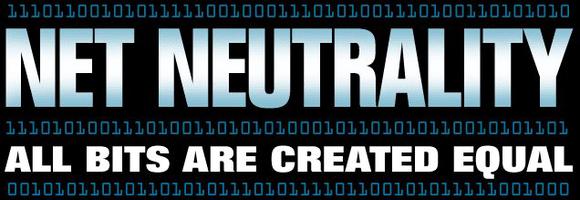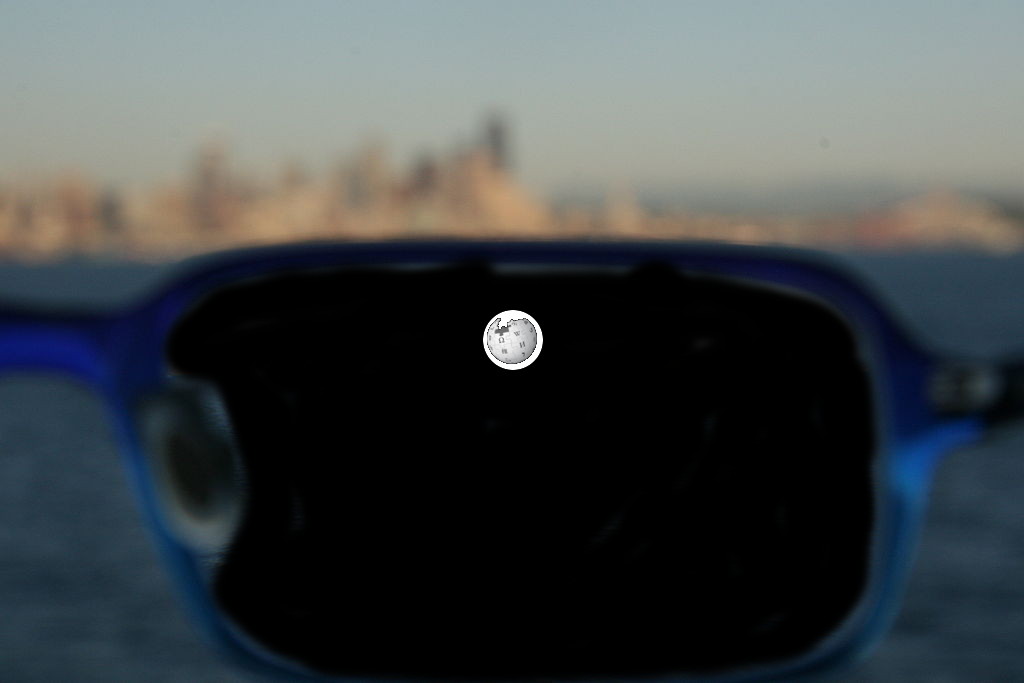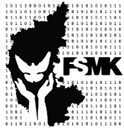Access to knowledge is one of the crucial factors for growth of a human being and internet has ensured that access to knowledge to any human across the globe is possible. However lot of the knowledge is still blocked behind artifical economic blockade. Wikipedia is one of the best example of how Internet has helped liberate knowledge from clutches of a few priviliged with resources to make it available for the commons. What makes this possible over internet which was not possible by traditional means of communication is the peer to peer nature of the internet along with free flow of data across different entities over the network without any discrimination. If a user intends to access Wikipedia site, the fact that his request to the server will be treated in the same way as millions of other request travelling over the internet ensures that he gets the same level of service like anyone else over the internet.
However sadly this is not the same anymore. The very essence of internet that “All Bits are Equal” is now being broken and sadly Wikipedia is in the forefront of breaking it. In their blog explaining their stand and viewpoint on NetNeutrality, they try to make a stand that since their agreement with Telecos is not a commercial program, they can be excused for breaking NetNeutrality.

One of the fundamental problem in the Wikipedia’s approach in this case is the idea that Wikipedia is knowledge as an independent entity and hence giving access to it in places very there is lot of scarcity of the same is atleast some improvement. This is true only partially. Yes, Wikipedia is a great source of knowledge but it is also a small source of knowledge as compared to the whole internet and wikipedia alone cannot suffice. It is good to start with but can hardly be the sufficient enough. Wikipedia themselves ask users not to rely on their information and ask users to verify it by going through the references and looking at other sources also. This is why I believe Wikipedia Zero is the free first dose of the drug which is very convinient for the telecos, not so much for the users. There is no doubt that Wikipedia has real impact but so is also access to social networking site and messaging apps. In this case, being non-commercial does not necessarily matter. Imagine a class of students having free access to Whatsapp so that they can now all interact with class mates and teachers anytime. Imagine thousands of students interacting with each other across the world over Facebook and organizing a MOOC over it. Wonderful things are possible with access to different platforms but at the heart of it is access to internet, not one site, not few sites but all sites.
Infact Wikipedia Zero breaks Wikipedia itself as it sees its users only as readers and not as editors. The blog did give an example of a Nepali editor but how can someone edit Wikipedia articles without proper references pointing to other sites. If so, how does he access other sites on Wikipedia Zero? I am not clear on this.
Again heart of all this is the issue with access to internet and by leaving it in hands of for-profit entities, both government and private, we have just put one of the best creation of mankind into the merciless competition market. In my opinion, what Wikipedia actually needs to do is strive for more community owned infrastructure, either as community owned mesh networks like Guifi.net or as community owned fiber-network like Chattanooga. It is time Wikipedia works on liberating internet itself by making use of the power of the community like it did for the knowledge and this is something it is already good at.
Even if it wants to work with Telecos, the emphasize and the discussion has to be on giving limited access to whole of internet rather than unlimited access to few sites.
I understand that since I am not the student in far fledged town in Africa or someone with very poor internet penetration like in Nepal, I may not be able to appreciate what they would when they get even basic access to Wikipedia free of cost. However the fact that their understanding of internet will be very limited and restricted is also dangerous. It sets a very dangerous pathway in such regions as the logical next step to exploit the user is to start offering access to other limited services at very basic charges and so on. Hence the title I use here that Wikipedia Zero is the free first dose of the drugs.


